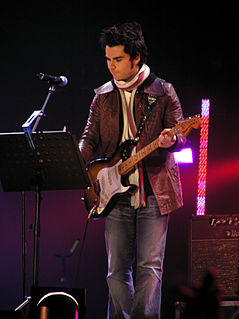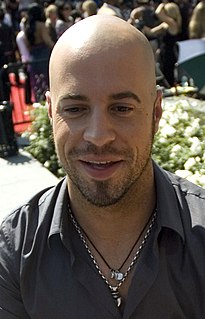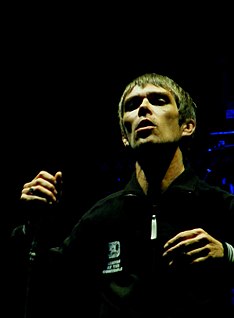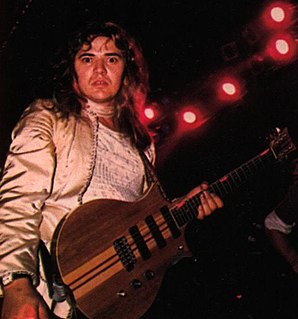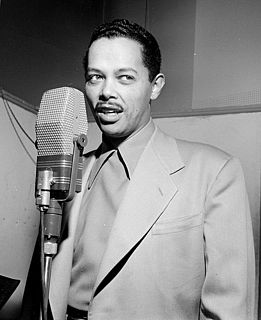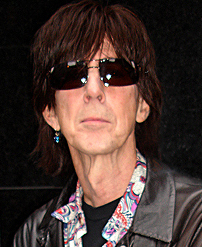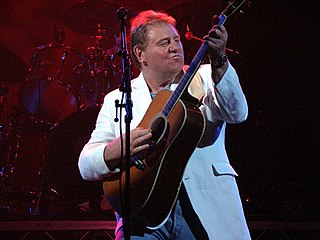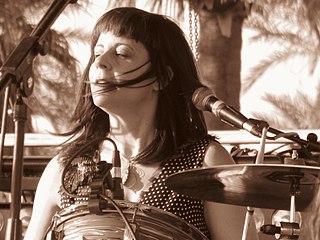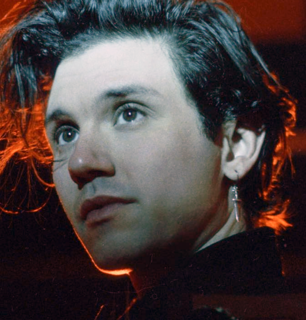A Quote by Kelly Jones
There's a good sarcasm and a camaraderie that comes after being in a band. And we've known each other forever. We've never been a band that fought or argued. As a songwriter, I'm really happy that the boys support me and contribute and that, but I've always wanted to be under the band Stereophonics.
Related Quotes
Our band Stereophonics never wanted to release a couple records and be the biggest band in the world for 10 minutes. We always wanted to stand the test of time, and make great music that people would want to listen to and that music lasts. We'd looked up to artists and bands that had big back catalogues.
What does surprise me, though, is the amount of attention this band [Guns'n'Roses] has garnered 11 years after the original lineup broke up. That's an interesting phenomenon. It was even interesting back in the day. I mean, [we were] this glorified garage band. It was a great band, but it was not the kind of band you expected to become what it has.
